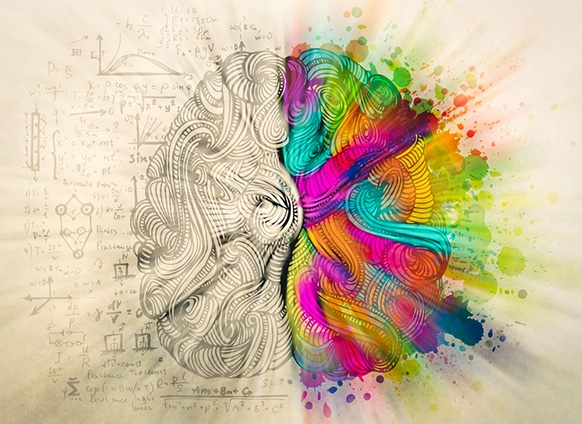Navigating the Unknown: Leadership in an Era of Uncertainty

Leading through the mists of uncertainty can feel formidable; yet, it unveils a chance to display resilience, adaptability, and visionary leadership. Here are a tapestry of strategies to amplify your prowess in traversing unpredictable realms: Embrace Flexibility and Adaptability Stay Agile: Nurture a malleable work atmosphere that empowers teams to swiftly shift and respond to emerging insights and changing tides. Iterative Planning: Break down long-term visions into smaller, manageable milestones that can be recalibrated as needed, allowing for continual reassessment and evolution. Communicate Transparently Honest Updates: Keep your team apprised of the current landscape, even when the news is less than favorable. Transparency begets trust and ensures collective alignment. Open Dialogue: Foster a space where team members feel emboldened to express their concerns and ideas, enriching insights and uplifting morale. Focus on What You Can Control Identify Priorities: Direct your ene...


